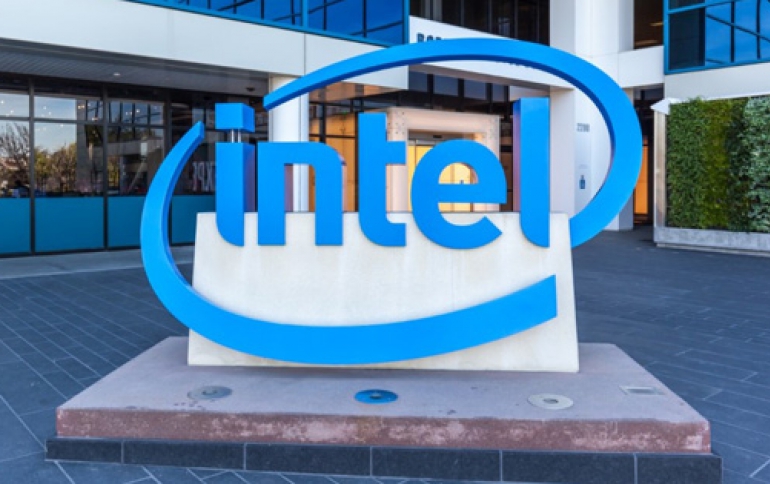
AMD's 7nm Processors to Compete With Intel's 10nm Chips
Intel had always a silicon production advantage over its competition by developing its own leading-edge chip fabrication and process technologies, but that historic advantage does not exist anymore.
Earlier in April this year, AMD CEO Dr. Lisa Su went on record noting the company's first CPU and GPU silicon, based on cutting-edge 7nm process technology, would start sampling this year for volume ramp in early 2019.
Intel then went on record noting first silicon from its 10nm process technology would be delayed until 2019.
Meanwhile, TSMC (Taiwan Semiconductor Manufacturing Company) is already ramping up 7nm chip manufacturing volume, with not only AMD GPUs in the mix but also 7nm AMD CPUs, specifically AMD's Zen 2 architecture-based next generation EPYC server processors.
AMD's fabless semiconductor model is based on TSMC and GlobalFoundries. AMD is curently offering the EPYC line of many core server processors. The company has already made inroads with EPYC in major server OEMs like Dell-EMC, HP Enterprise and others, and its Zen 2-based EPYC product will only expand on the platform's advantages with even potentially higher core counts, better performance and efficiencies at scale.
On the consumer desktop, AMD also has a significant core-count advantage in the high end, with its recently announced and demonstrated 2nd Gen Threadripper product (based on 12nm Zen+) that will bring up to 32 cores in the same TR4 scoket as the original Threadripper X399 motherboard platform.
It will be intreresting to see Intel's reactions to AMD;s offerings, although the company has committed only its 14nm++ products in Cascade Lake and Cooper Lake, with multi-chip module designs for higher core counts launching in late 2018 and 2019.
The even more interesting part will be to see Intel's 14nm product to compete with AMD 7nm product, at least in the beginning.





















